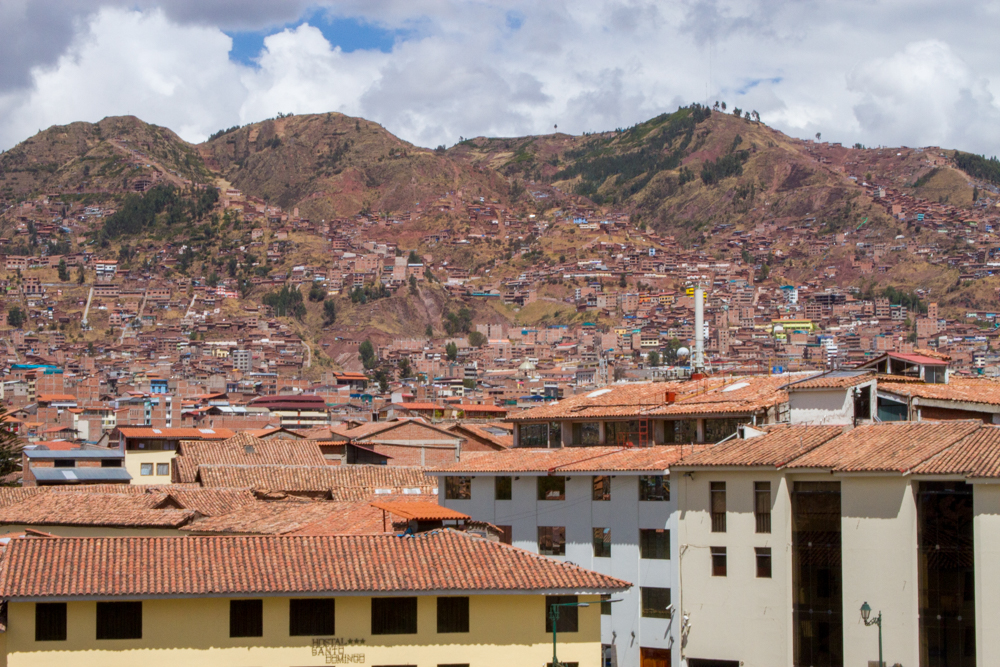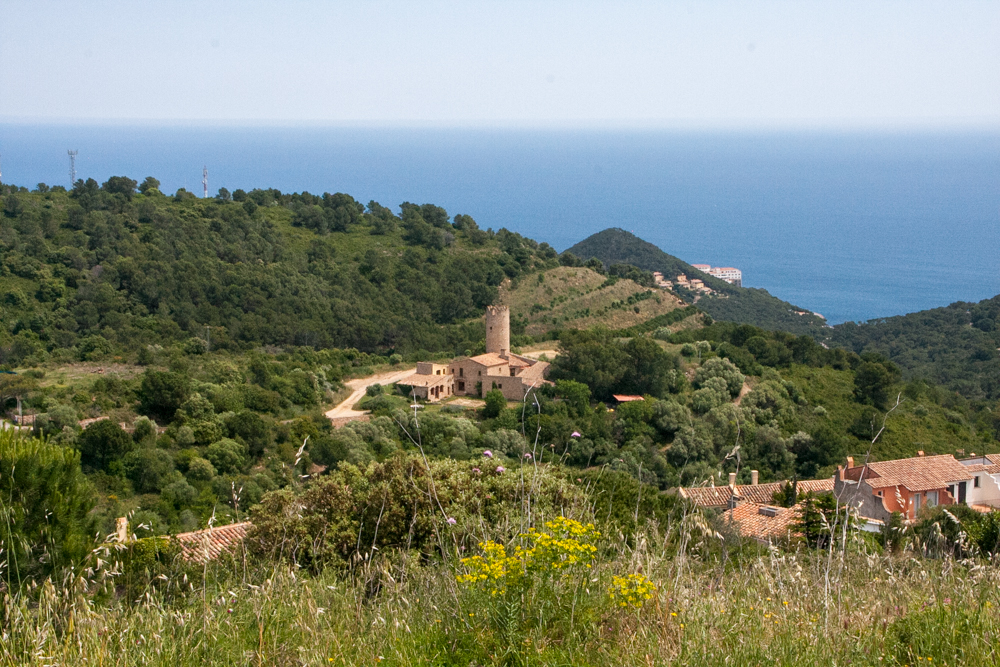
Traveling Ethically
We love to travel! There is no disputing that fact. We love to visit new places and experience new people and their cultures and traditions. We love to visit exotic locations that are entirely different from our home country. There are many reasons why we love to travel and hope to continue traveling for many, many years. Traveling ethically will help ensure that we preserve these experiences for our others including our kids and their kids.
We have been very fortunate to have had the opportunity and resources to travel to so many places in our amazing world. Along the way, we have learned the importance of traveling ethically. This was not on our minds initially. However, this has become increasingly important to us as we have observed the impact that tourism can and is having on our world. And it’s not always positive.
Are we perfect? Absolutely not. Are we getting better through awareness and changing our travel style? You bet! We would like to share some of the things that we have learned about traveling ethically in the hopes that you will adjust your travel style as well.
What is Ethical Travel?
There are many different ways to define ethical travel. In fact, this is probably best defined based on a person’s individual value systems as much as any other definition. For us, ethical travel can be defined very simply…
Travel in a respectful manner that does no harm, supports local people and their cultures and leaves the places we visit in a condition that is better than before you arrived.
Sounds simple, right? But there is more to it than on the surface. It’s actually a travel style that we are working to adopt. And it takes time.
Start by recognizing the consequences of your travel habits and seek to eliminate or reduce this impact.
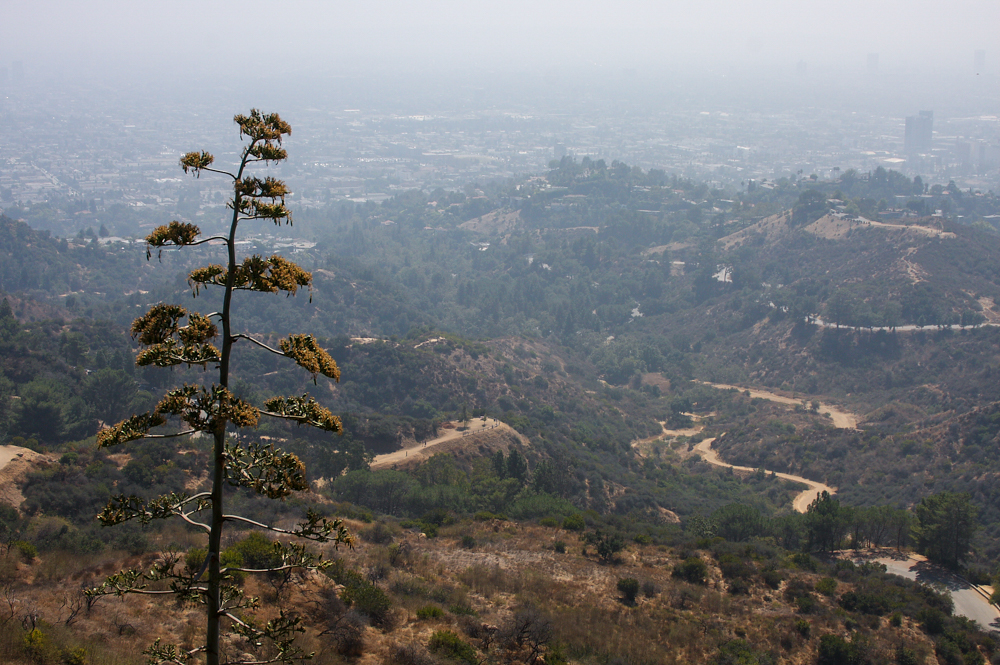
Why It’s Important
When you consider the enormity of the travel industry making a difference may seem somewhat overwhelming. However, if we all take small steps, make appropriate changes, a little at a time, it can and will make a huge difference. And it all starts with awareness.
Tourism is the economic lifeblood in many areas. People depend on it to make a living and support their families. Unless done with care, tourism can also destroy the very things that attract people in the first place, which in turn destroys their livelihood. There is an important balance to be found, which fortunately is not that difficult with improved awareness.
Ethical travel is important to us for many reasons….
Traveling ethically and respectfully helps to ensure that our world’s most amazing sights and places are preserved for those that will come after us. Respecting the environment, the people that we visit, and wildlife means that we avoid contributing to much of the damage that tourism can cause. That, in turn, means that others that follow us – our kids, grandkids, friends, and people that we’ve never met, get to experience what we experienced.
“Earth provides enough to satisfy every man’s needs, but not every man’s greed”
~ Mahatma Gandhi
Visiting new places changes each of us for the better. By traveling ethically you get to be part of the solution, rather than contributing to the problem. Knowing that you support local economies, do no damage to the environment, and return home as a new and improved version of yourself just feels good.
When you travel respectfully, embracing the people and customs where you are visiting, you will experience a more genuine version of the local people and their culture. Knowing that you are respectful of their traditions and ways allows the local people that you meet to feel more open and authentic. Learning about others and their cultures is one of the most important reasons that we love to travel, and being respectful definitely enhances that experience.
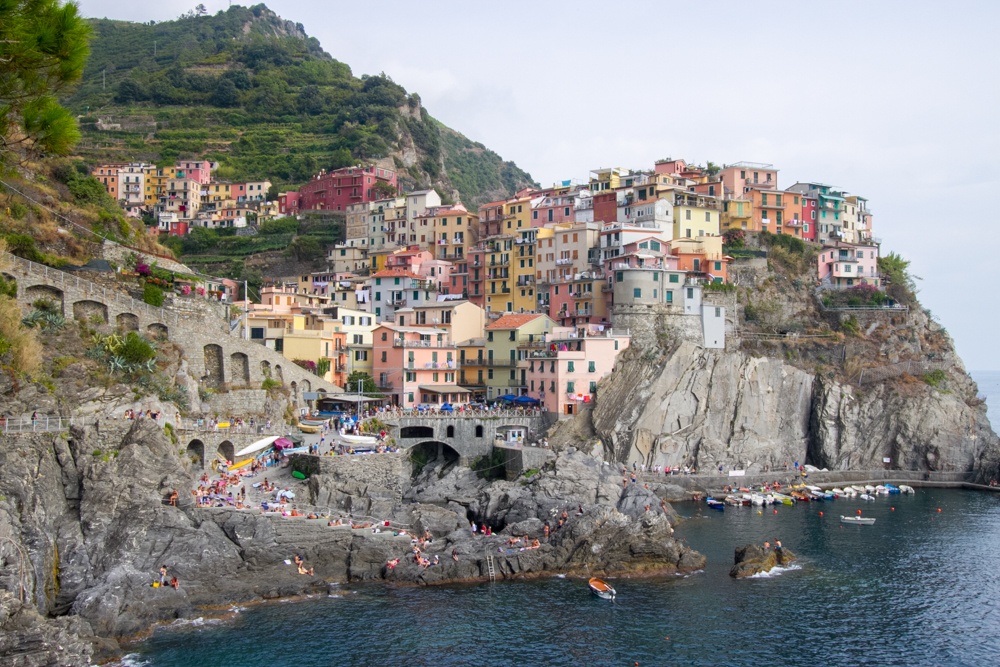
20 Ethical Travel Tips
1 – Think About the Future
Consider your travel impact and imagine that everyone that visited the same location traveled just like you do. What will the impact be? This is one way to consider whether or not you’re leaving the location a better place.
2 – Learn a Bit of the Local Language
Even if it’s just a few words. Attempting to use the local language when visiting is almost universally considered to be a sign of respect. Even if you use it badly. We’ve found that most locals are more than happy to help you with words and expressions if you ask.
3 – Consider the Ethics Where You Patronize
This includes how the business and places that you visit treat people including their employees, the environment, and the wildlife that you encounter. While hiking the Inca trail in Peru we observed tour companies that appeared to treat their porters very poorly. They were overloaded with excessively heavy packs, fed leftovers from the guests’ dinners, and left to fend for themselves when not feeling well. These are not the types of businesses that we want to support. On the other hand, Evolution Treks Peru, the tour company that we used, is a shining example of an ethical tour operator. You can read more about their approach to sustainable tourism on their site.
4 – Eat Locally
This is one of the best ways to travel ethically while really experiencing the local culture. We prefer to avoid chain restaurants in favor of local eateries. We will often start a visit with a local food tour where you will learn about the out-of-the-way places that the locals prefer. It’s a great way to support the local economy and to experience some of the best dining experiences that you can find.
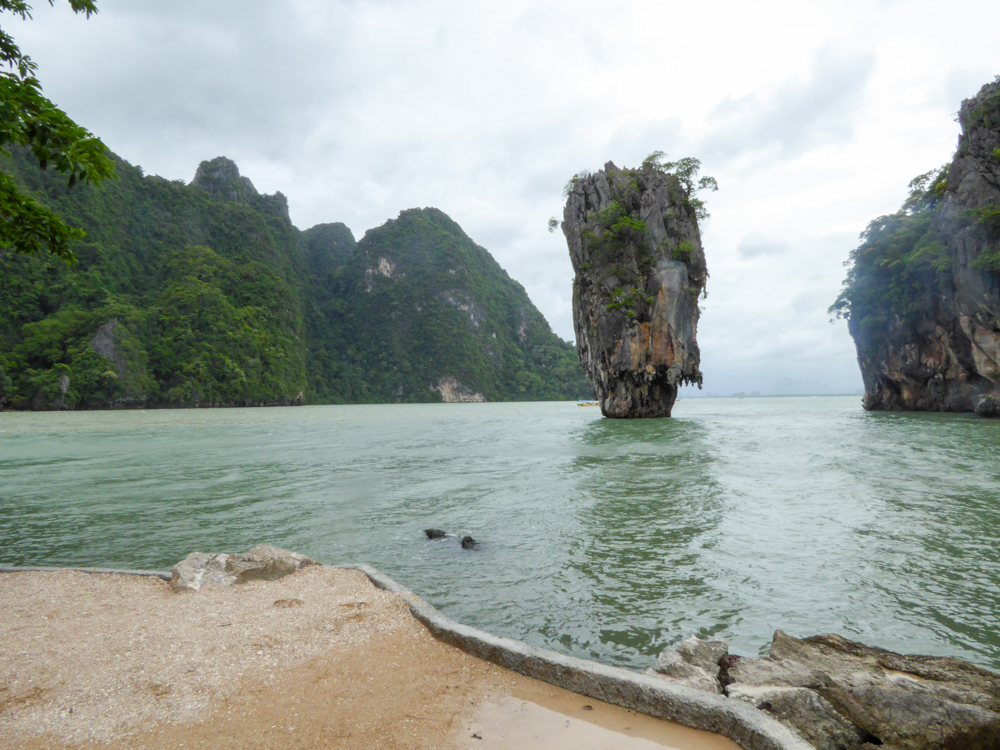
5 – Be a Considerate Photographer
Be respectful when using your camera. You will undoubtedly see many great people and things to photograph. Be sure to think before you shoot. If you are taking someone’s picture, ask them first. It’s simply just polite. Imagine how you would feel having a stranger take your picture without your permission. Also, be sure to respect rules for photography around religious locations and other solemn sites.
6 – Do Not Litter
Seems to go without saying, but leaving your trash around detracts from everyone’s enjoyment and simply creates a mess for someone else to clean up. Be certain to use provided waste receptacles and watch for opportunities to use recycling bins as well. If you cannot find an appropriate spot to dispose of your trash, crush it and stuff it in your pack until you do. Simply don’t leave your garbage for someone else to pick up.
7 – Negotiate Fairly
Many cultures expect some level of negotiation on the streets, in markets, and in other similar locations. In some cases, it’s actually expected. Do some research before you travel to understand the customs and expectations. Be polite and not overly aggressive when you barter with shopkeepers. Saving a bit more on a purchase is not worth the bad impression an overly aggressive negotiation will leave behind. Shopkeepers need to earn a fair profit to support themselves.
8 – Respect the Seas
If you are visiting tropical locations many reefs that you may visit can be harmed by the simple use of inappropriate sunscreen or similar lotions. Do some research and make sure that you do not compromise the sensitive ecology on the reefs. Also, do not remove anything from the sea. Not only will this damage a very sensitive environment, but is actually illegal in many locations. And again, it goes without saying, but do not throw trash or waste into any body of water. While the ocean may seem immense, the accumulated damage of trash to marine life, beaches, and the communities that rely on them is profound. While in Aruba, we came across a beach in the national park that was literally covered by man-made trash. It was heartbreaking to see and really hard for the locals to clean up periodically.
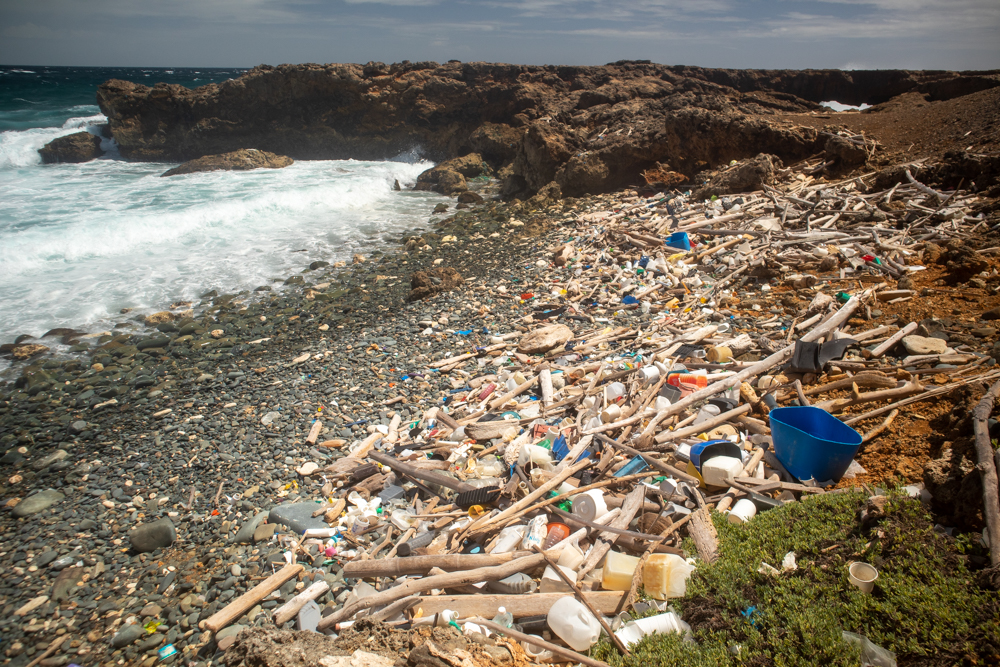
9 – Use Reusables
Reduce your consumption of single-use containers and plastics of all kinds. Bring a reusable water bottle with you. Avoid plastic containers and bags. If you can, put some reusable plates and utensils in your daypack for use when you need them. If you are in an area where you cannot directly consume tap water, you will need to buy bottled water. We often purchase the largest sizes available and refill our reusable containers. Then try to find a recycling bin for your plastics. You can also reduce waste by traveling with bar soaps and shampoos, using refillable containers for other toiletries, etc. Just be mindful and you will reduce your waste.
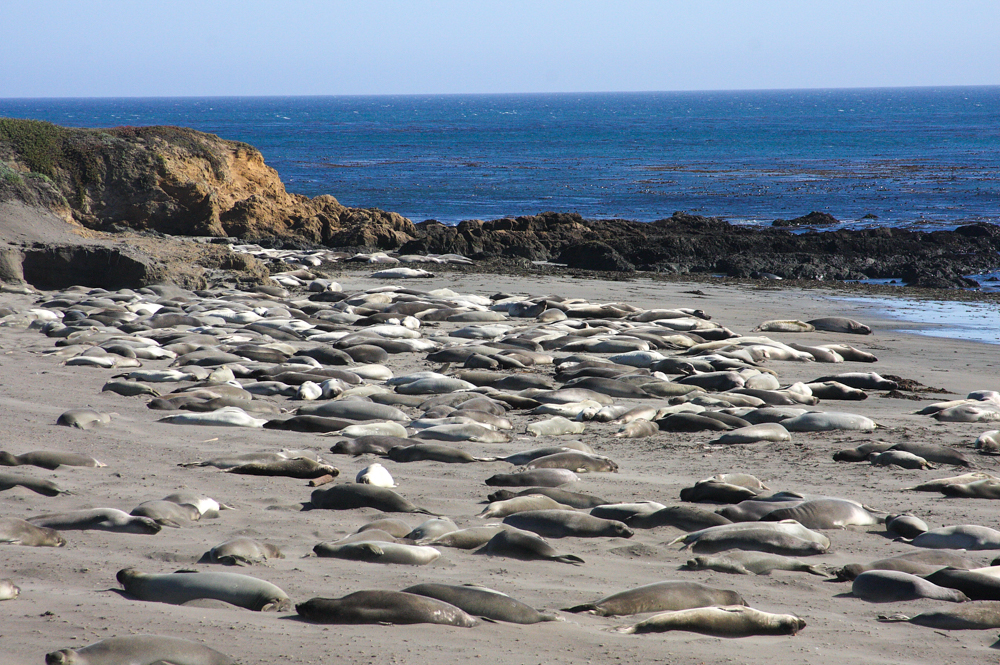
10 – Avoid Very Crowded Locations
Not only does avoiding these spots increase your ability to really experience a location, but it also puts less stress on the environment. Overcrowded locations are often the ones most damaged by tourism. All-inclusive travel resorts often fall into this category as well. They generate an enormous amount of waste and are oriented toward consumption in excess. We much prefer local accommodations through Airbnb or VRBO. And we plan our excursions to locations with fewer crowds and during less busy times.
11 – Follow the Guidelines
Many locations you visit will have restricted areas that are not intended for visitor traffic. Some may be cordoned off, others are identified by signs or just verbal instructions. Be sure to respect these rules. Most often they are there to protect a sensitive environment and preserve it for the future.
12 – Book Local Accommodations
Using local accommodations such as those found on Airbnb or VRBO can be a great way to support the local economy and save some money. We use these services extensively during our travels and can honestly say that we’ve not had a bad experience. Be sure to check reviews thoroughly before booking. These locations also often have the added benefit of kitchen and laundry facilities. This allows you to travel lighter, eat healthier, create less waste, and save some money along the way!
“Take nothing but pictures, leave nothing but footprints, kill nothing but time”
~ A;liyyah Emoatj
13 – Protect Others
Get your recommended vaccinations to protect yourself and others around you. Talk with your health care professional to determine which vaccinations are recommended for the region in which you’re traveling. Be sure to follow guidelines for mask-wearing and social distancing. Don’t be the guy or girl that gives someone a hard time over these rules. Be gracious and remember that you’re a guest and the rules and guidelines are there for your protection as well as for others around you.
14 – Buy Souvenirs Selectively
Be cautious when purchasing souvenirs. Not all regions in the world have well-enforced regulations regarding the sale of ecologically based souvenirs. Pieces of coral, sea life, and other artifacts often show up as trinkets that you can purchase and bring home. Consider what harm might have occurred to the environment or wildlife before buying. And be sure that you’re not inadvertently binging something home that is not legal.

15 – Be Informed
Plan ahead and do some research so that you have at least a basic understanding of local customs and cultural traditions. This will help to ensure that you do not unintentionally insult or offend someone. You will also benefit from getting a much warmer reception from the locals when they know you care about their ways. There are many resources available to learn before you go – including our blog! Be sure to use them.
16 – Dress Respectfully
Be aware of your surroundings when you dress for the day. Many locations require a degree of reverence and therefore expect modest dress. When we visited the Vatican there was a clear dress code. If you enter a religious facility, often hats are not allowed. Some require that female visitors cover their heads and/or shoulders. Remember that you’re a guest and graciously comply with these rules.
17 – Use an Ecolodge
If you have the opportunity, plan your accommodations to take advantage of properties that are environmentally aware and friendly. We stayed at an ecolodge in the Peruvian Amazon that used solar power for all electrical support and for hot water. This protected the environment by reducing the need to run gasoline-powered generators to a bare minimum. Supporting these eco-friendly venues significantly reduces your impact on the environment and can be a really cool experience. More info regarding our trip to the Peruvian Amazon can be found in our Rainforest – Ecodiversity at its Best post.
18 – Don’t Exploit the Wildlife
Be very mindful about attractions that take advantage of animals or other wildlife to attract tourists. While some may use the proceeds to support the care and feeding of the animals, frequently animals can be poorly treated and leveraged to make a profit. Be observant and assess the conditions in which the animals are kept and avoid the commercialized attractions. This is one area where we have learned from experience. During a trip to Thailand several years ago we wanted to visit an elephant sanctuary. The location we visited actually cared for elephants abandoned by the logging industry, but, we found out later, also bred them for tourist shows. We felt bad about having patronized such a place and learned from the experience to do more research.
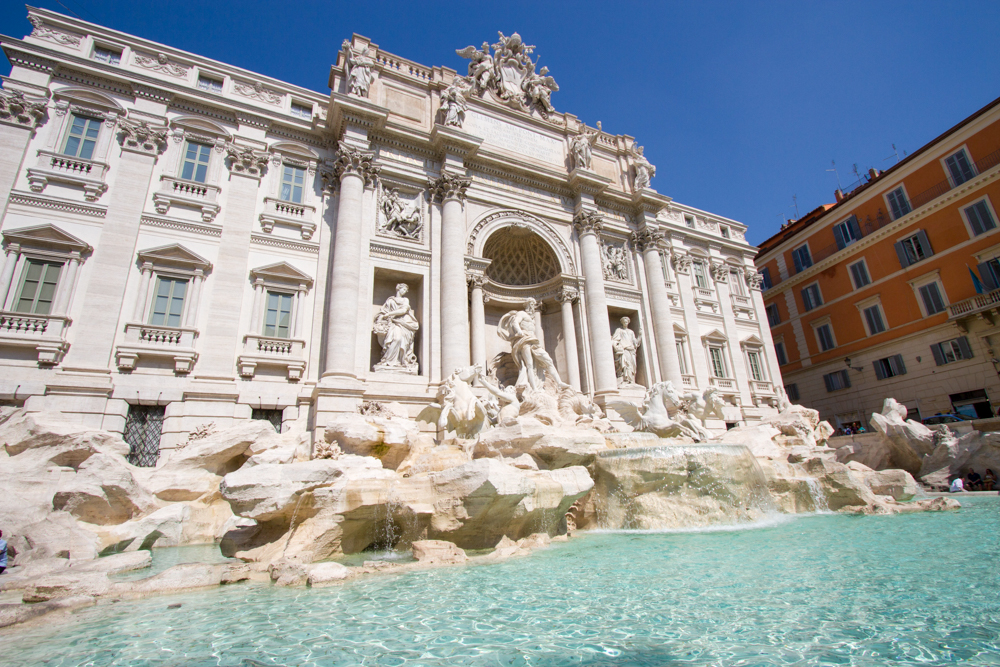
19 – Stay Close to Home
Many of us live in countries that have so much to offer travelers, but we often think to travel internationally first. Consider checking out some of what your home country has to offer. This will reduce the environmental load by reducing miles in the air or other modes of transportation, will support your local economies, and help you develop an improved appreciation of where you actually live.
20 – Don’t Feed the Wildlife
This is important. Wildlife are, well, wild animals. Feeding them has several detrimental implications. The food that we have to offer is usually different from their native diets, leading to all kinds of nutritional issues. Animals can become accustomed to the handouts and lose the desire to hunt for their natural diet. Wild animals can be unpredictable and you may find that they get aggressive with each other or with you when you’re feeding them. This can be downright dangerous. Simply put – don’t do it!
Summing It Up….
Traveling mindfully and ethically is not a thing that you do as much as it is a style and a mindset. For us, it has been a journey. We are far more aware now than we were many years ago when we really started to travel. Ethical travel will mean something different to each of it, but at the center are the principles of environmental awareness and free and fair trade. It’s very important to us that we leave the places that we visit the same or better than when we arrived. Our hope is that if we each do our part, tourism and travel to the world’s amazing places will continue to be available for us and future generations.
Our ethical travel tips are our ideas from what we have learned during our wandering. If you have other tips, please leave them in the comments. Also, we’d love to hear more about your views on ethical traveling and what has worked and not worked for you.

